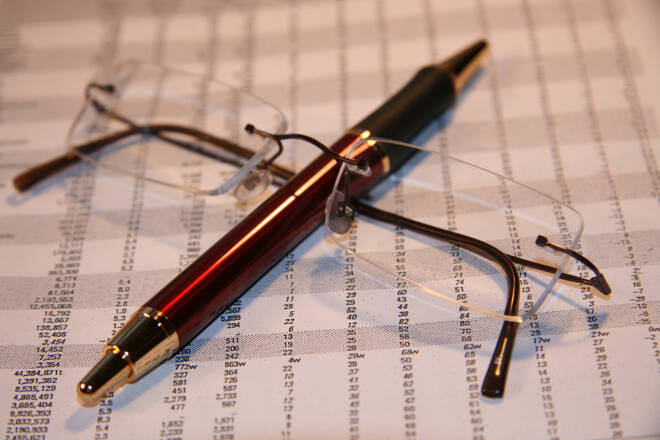Advertisement
Advertisement
What Is A Forward Contract?
By:
Intro
Forwards in the over-the-counter market, Forwards on an exchange and The difference between a forward and a futures contract
A forward contract is an over-the-counter or exchange-traded financial transaction for the future delivery of a commodity or an asset. The buyer receives guaranteed access to the asset at an agreed-upon price. The seller receives a fixed price as well as a sales outlet from the buyer.
Forward contracts can call for payment upon delivery of the asset but may also include provisions for margin or other terms expressly agreed upon by the parties to the contract. A forward can be a useful hedging tool for both producers and consumers of commodities. However, they can also be fraught with pitfalls at times.
Forwards in the over-the-counter market
In the OTC market, a forward transaction occurs on a principal-to-principal basis between a buyer and a seller. The parties to the contract obligate themselves by contractual terms with the seller assuming the credit risk of the buyer and the buyer doing the same with the seller.
In the world of commodities, there are many derivations of the forward contract. A pre-export financial transaction is a forward where the buyer pays the seller a percentage of the value before delivery. Pre-export financial transactions require the buyer to take more risk than the seller. The price for the asset tends to reflect the higher risk undertaken by the buyer. Another form of a forward transaction is a swap, where a buyer and exchange a fixed for a floating price.
In the aftermath of the 2008 global financial crisis, changes in the regulatory environment caused many forward and swap transactions to move into clearinghouses where margin requirements lowered the potential for defaults.
Forwards are very popular in the highly liquid over-the-counter foreign exchange market. Forward transactions allow for the parties to negotiate all of the terms for the purchase and sale and they are non-standardized contracts.
Forwards on an exchange
Some exchanges offer products that are forwards rather than futures contracts. The London Metals Exchange, which is the oldest commodities exchange in the world, trades forwards on nonferrous metals, including copper, aluminum, nickel, lead, zinc, and tin. While each contract represents a standard amount of the metal in metric tons, the most actively traded product is the three-month forward. Producers and consumers favor the LME contracts as they allow for delivery of the metals each business day of the year. The LME also offers forward contracts for shorter and longer terms in all of the metals.
The difference between a forward and a futures contract
The most significant difference between a forward and a futures contract is that the forward is non-standardized. Futures have the following characteristics:
- One stated asset or commodity
- A physical or cash settlement
- A fixed amount of the asset per contract
- The currency in which the asset is quoted
- The grade or quality of the asset that is deliverable
- The delivery month and subsequent delivery months
- The last day of trading
- The minimum price fluctuation per contract, which is the tick value
Futures are subject to original and variation margin. In a non-standardized forward contract, the terms of margin when it comes to a good-faith deposit and payment of market differences are subject to negotiation.
A forward contract offers less liquidity than a futures contract as the future can be offset with any other party. Many forwards can only be offset by agreement of the original parties. In futures, the clearinghouse becomes the counterpart for all purchase and sale transactions. While both futures and forwards are derivative instruments, there are tradeoffs. Futures allow for far more liquidity, while forwards often meet the needs of those buyers and sellers looking for tailor-made solutions to financial risks.
About the Author
Andrew Hechtauthor
Andrew is a sought-after commodity and futures trader, an options expert and analyst. Over the past decades, he has researched, structured and executed some of the largest trades ever made, involving massive quantities of precious metals and bulk commodities.
Advertisement
Advertisement
Advertisement
Advertisement
Advertisement
